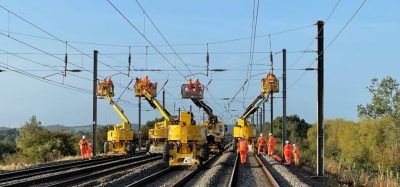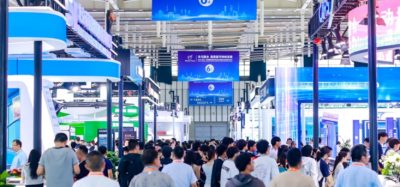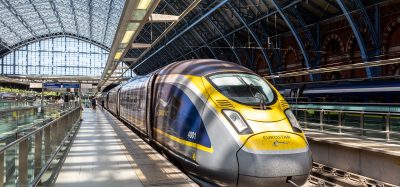REFER’s sustainable experience in environmental management
Posted: 3 March 2014 | João Morais Sarmento | No comments yet
Time is one fundamental characteristic within sustainability. The notion that long-term projects cannot survive if they are not sustainable is an intuitive notion. It is only reasonable to believe that integrating the concept of sustainability into the management culture of an organisation takes its own time. Experienced managers are well aware that sustainability goes beyond valuing stakeholder’s expectations or individually managing the three pillars (the economic, social and environmental dimensions of business) of the concept. It requires the ability to read the complex context and trends of one particular company, as well as integrate and balance all the dimensions that concur to a sustainable business, creating a virtuous cycle of development. Integrating the environmental practice within REFER’s management culture has come a long way and still has many challenges to cope with. João Morais Sarmento, Environmental and Sustainability Manager at REFER explains more.
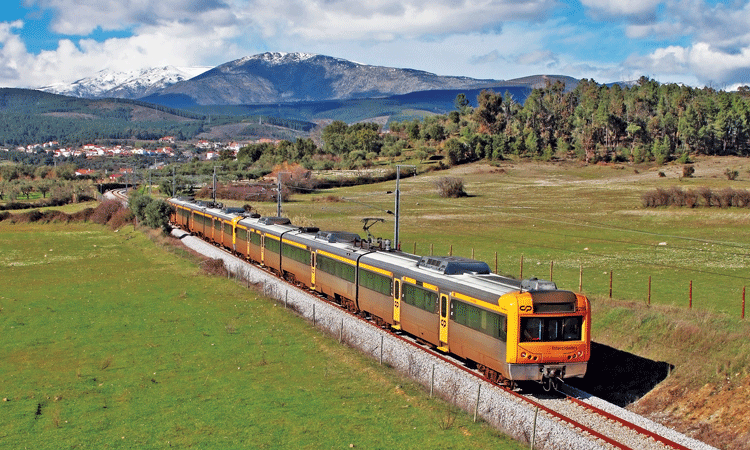

Environment – creating awareness
In 2003 REFER decided to give more visibility to this area with the creation of an Environmental Department. The first fundamental goal was to create awareness within the company regarding the environment.
This had to be done in such way that would lead the company’s employees to adhere and become the driving forces of the integration of environment into their daily chores. This means improving on a 150 year old culture, with all its merits and fragilities. It implies perseverance and wisdom.
The strong investment years
At the time REFER was investing strongly in the modernisation of major railway lines, bearing in mind that Portugal was to host the 2004 UEFA Football Championship. This meant enabling the circulation of electric powered trains, between the cities of Braga and Guimarães both in the Minho Region (in the North of Portugal) and the city of Faro (in the South). This connection was more than 650km in length and was called the Atlantic axis.
However, other investments where planned beyond that event. All of the latter projects where analysed from the early stages of their development, anticipating environmental issues, and integrating adequate solutions as soon as possible. Particularly important was early stakeholder engagement, namely the public state departments that later on would have to appraise the projects and approve them.
Through integrating this practice in investment planning, REFER was able to build important lines crossing valuable areas for nature conservation. This was the case of the Aveiro Port railway line (10km crossing the estuary of the Vouga River basin) and the Alcácer do Sal variant (29km crossing the Sado river basin). These new lines are situated in important birdlife areas and were built without any type of conflict regarding environmental issues.
At the same time as REFER was integrating the prevention and precautionary principle into investment management, it set out environmental requirements for contractors giving sequence to the exercise. The ISO 14001 standard was adopted as a universal guideline for the construction phase, complimented with operational guidelines based on REFER’s experience. The effective monitoring of the adoption of these requisites was enforced.
Until 2010 Portugal saw a steady flow in public investment in infrastructures. The first contracts for the high-speed railway lines where underway and many of REFER’s human resources where concentrated in this activity. The operational support to the departments that had the responsibility to manage these investments was a priority regarding the environment.
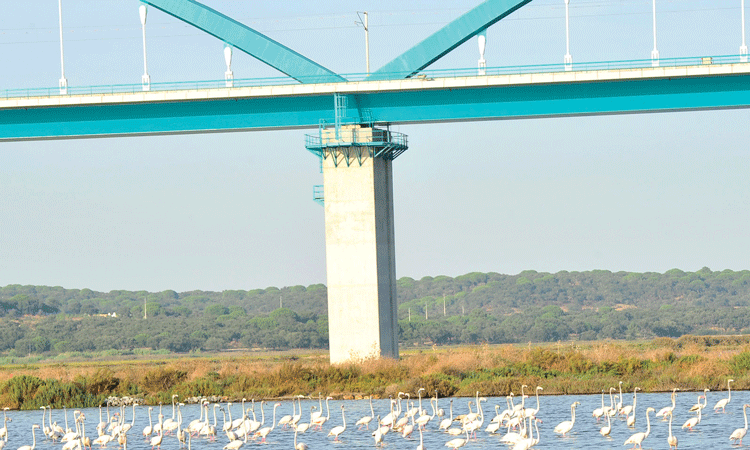

The crossing over the Alcácer do Sal variant was constructed in accordance with environmental issues
The main strategic environmental areas
In 2003, REFER recognised strategic areas that had to be diagnosed and developed. Two of these areas in development were noise and biodiversity and nature conservation.
Noise
Portugal’s demanding national law regarding noise made this an obvious priority. The national legislation applies to new and existing lines without distinction. In the Portuguese legislative architecture, infrastructure managers carry the burden of almost single-handedly internalising noise into their management.
A steady investment has been made in this area by REFER. The basic principle is that whenever a new line is built or significantly modernised, noise mitigation measures are adopted.
At the same time, REFER has been progressively mapping the major lines (approximately 510km of the 2,540km where operations occurs) diagnosing noise levels, in order to be able to predict and programme investments.
Noise mapping itself has proven to be a large investment, bearing in mind the company’s strict financial context and will reach roughly €1.7 million by 2015. This value includes 3D mapping but does not consider the elaboration of the action plans.
Predicted investments in this area are being estimated but their formal disclosure is waiting the definition of relevant legal and technical assumptions. These assumptions may mean investments ranging from tens of millions of Euros to hundreds of millions of Euros.
Predicting investments is important, but intelligent conception of solutions and programming, will be the keystone element to bring sustainability into this strategy. It is of the upmost importance to adopt a sector-wide approach to the problem and bring awareness to policy makers. The question is not on what needs to be done, but in which order to do it and in which time span, ultimately considering where tax payers money has a better return on investment in the long-run.
Biodiversity and nature conservation
Biodiversity has been systematically recognised as one of the main areas to be addressed in European Action Plans concerning the environment.
Portugal is a very rich country regarding biodiversity by European and even global standards. Knowing how railway lines have created a symbiotic presence with natural values and landscapes, REFER believes it should make an effort in proving that it is possible to conceive and build new lines in a way compatible with ecosystems and species.
As a result it was only natural when the company accepted the challenge of being a part of the Business and Biodiversity campaign becoming the first public company to do so in Portugal in October 2007.
REFER’s programme has been pursued and adjusted through time, but the main project regarding the investigation of ecosystem fragmentation and continuity is still underway, proving to be an exciting process of internalising knowledge.
Turning towards operations and systemic environmental management
Financial sustainability is now the main goal to achieve throughout the public sector which includes state owned companies such as REFER.
The sharp downfall of public investment that happened with the international assistance plan Portugal adopted in 2011, had inevitable consequences on the company’s activities. This provided the opportunity to direct more effort into the environmental management of operational activities regarding railway maintenance.
The experience gained with environmental management is being applied with maintenance contractors, helping this rather heterogeneous market evolve in its own way. The new maintenance contracts launched in 2010 set out a national approach to the different specialised maintenance areas, and incorporated the ISO 14001 guideline to environmental management.
On the other hand, the REFER Group restructuration that occurred in April 2013, elected organisational development and namely the implementation of an Integrated Management System as one of its major goals.
This is now providing the opportunity to better structure REFER’s environmental management strategy, giving it a systemic approach, which is essential to further deepen its integration into the company’s culture.
Environmental sustainability in REFER’s business plan
One important lesson to be retained is that when an adjustment as harsh as the one experienced in Portugal since 2011 happens, this means that somewhere along the way one, or more, of the three pillars of sustainability is out of balance.
Sustainability has become a corporate goal that is more present than ever in REFER’s management. Even though economic and financial sustainability are two major drivers, environmental concerns are present in the company’s business plan.
Experience shows that REFER’s environmental strategy has been able to adapt to the context without losing its focus and still being able to progressively evolve.
At the end of the day, infrastructure management has to rise to the occasion and build on the widely recognised environmental advantages of rail transport.
Proving to offer a valuable service to communities, industries and the environment, railway will regain a balanced share in the transport map.





